Editorials
– Etimad discusses the reasons behind nominating Fakhraldin Ashtiani minister of education, succeeding Ali Asghar Fani.
– Donyai Eghtisad handles the geography of giving low-interest industrial loans in Iran, asserting that 90% of the loans go to the Persian-majority provinces.
Iranian News Roundup
– Exchange of statements between Ahmed Janatti and Ali Mutahhari on the guardian council’s control over elected MPs.
– The European Parliament approves normalizing ties with Tehran.
![]()
Donyai Eghtisad Newspaper: Geographical, industrial loans’ distribution gets low interest
An editorial in Wednesday’s Donyai Eghtisad newspaper presented the details of a government project to provide low-interest loans to stalled and troubled industrial facilities in Iran. The project, which was announced by Rouhani some months ago, has hit some snags, with many conflicts and disputes over the sources of funding for it. It was originally announced that state-owned banks would provide the loans, the editorial explained, but given the astronomical levels of debt already owed by these banks, it was subsequently decided that they would provide no more than 25 percent of the total loans for those businesses, which they confirmed as requiring financial assistance.
The editorialist expressed cynicism about the idea of forcing the banks to provide the low-interest loans to troubled manufacturing businesses, asserting that the $4.5 billion agreed on as the total to be distributed by the banks would have no positive results in the current climate and would simply be another waste of state financial resources. The writer said that the payment of loans would naturally increase in the debts owed by the Iranian Central Bank, leading to further inflation, thus canceling the benefits of the small reduction in inflation achieved by the government’s economic policies. Iranian economist Valiullah Seif, the current Governor of the Central Bank of Iran, recently announced that the $4.5 billion would be used to grant loans to 12,000 small and medium-sized manufacturing businesses, contradicting earlier statements that the money would be given to only 7,500 of these businesses, almost doubling the number of recipients.
The writer asserts that the media have largely been supportive of the banks’ policies perhaps to an excessive degree, with recent reports indicating that Iranian banks have been heavily involved in the real estate investment sector and even in brokerage. As well as in purchasing and reselling homes, a policy which has led to significant increases in rental costs for private properties in Iran’s major cities, principally Tehran. That has forced the banks to redirect funds to productive sectors which are beneficial for the Iranian economy, the editorial states. Adding that manufacturing output can’t be increased solely by means of pouring money into it since a number of different factors, including poor product quality and competition from a market flooded with cheaper contraband goods, led to the problems in the first place, and unless these issues are resolved first, low-interest loans for manufacturers will make no difference.
On the subject of the distribution of the loans according to province, the writer said that businesses in Isfahan province had been earmarked for the lion’s share of the $4.5 billion in allocated funds, receiving $2.4 billion in total; taking the interest payments into account, the editorialist said, this means that the businesses in this province will receive 53 percent of the total funds. Meanwhile, manufacturing companies in Khorasan Razavi province are to receive $1.8 billion, while the remainder of the allocation will be split between businesses in Tehran and Gilan provinces. That means that over 90 percent of the funding will be directed towards activities in Persian provinces, while regions with a mainly ethnic minority population, such as the predominantly Azeri-Turkish industrial city of Tabriz, along with Al-Ahwaz, Abadan, and other cities in the predominantly Arab Ahwaz region will receive nothing. In Iran, it seems that even the distribution of state funding for the industry is mostly decided based on sect, ethnicity, and race.
Arman newspaper: Europe one step away from Iran
An editorial in Wednesday’s Arman newspaper analyzed Iranian-EU relations following the end of the US Treasury Department’s ban on Iran dealing in US dollars and conducting banking transactions. The writer said that Europe’s dealings with Iran had changed following the US Treasury Department’s decision, with major European firms flocking to Iran to do businesses there. Conceding that the greatest obstacle to increased Iranian cooperation with Europe is Iran’s steadily worsening human rights record, the writer called for avoiding any increase in tension with Europe over this issue since Iran needs the investment and technology available in Western Europe which cannot be attained or compensated for by cooperating with China.
The writer acknowledges the ongoing abuses of human rights by the Iranian regime and calls on it to reduce levels of human rights violations and executions for the sake of the economic benefits which can be accrued for Iran from cooperation with Western Europe.
Etimad newspaper: Four reasons behind the choice for the new Minister of Education
An editorial in Wednesday’s Etimad newspaper analyses the reasons behind the appointment of Danesh Ashtiani as Iran’s new education minister, replacing the recently dismissed former minister Ali Asghar Fani.
The writer lists four primary reasons for Ashtiani’s appointment:
1. Ashtiani is a prominent and distinguished scientist widely respected by his peers at the highest level, which leaves no doubt that he will promote the Ministry of Education according to scientific principles.
2. As the ‘spiritual founder’ of Iran’s university cities projects, Ashtiani has the expertise needed to solve the many problems facing Iran’s education ministry, including low salaries for teachers, and unpaid pensions for retired teachers adversely affected by the recently uncovered massive embezzlement from the teachers’ pension fund
3. Ashtiani could be a conduit between the Ministry of Education and Ministry of Higher Education, which are currently suffering due to the lack of necessary academic qualifications and knowledge among school-leavers, which are required for university entrance.
4. Ashtiani has shown his capability in his longtime work for various education institutions and bodies since he began his teaching career, administering an impressive number of successful schools
Other media have been less welcoming of Ashtiani’s appointment, however, with an editorial in today’s Shargh newspaper asserting that it’s not essential that the minister should be a specialist in his field, citing the health minister as an example of this. If the minister is a specialist, such as a specialist doctor, for example, then his experience will be due to his expertise as much as to his academic qualifications, but if this knowledge is not connected with the administration in this area, then it is not useful in the minister’s performance of his duties. For instance, the writer states, a doctor whose expert knowledge is about the human anatomy will not necessarily have the skills to be a minister of health since that requires administrative skills.
It seems that Rouhani’s reshuffle has led to some heated political debate over the choice of the new ministers in his cabinet and their capability, the author concedes, asking what capabilities the new ministers have and what changes these might bring about for the ministries future.
![]()
♦ Mutahhari: Guardian Council’s control over MPs deprives them of freedom
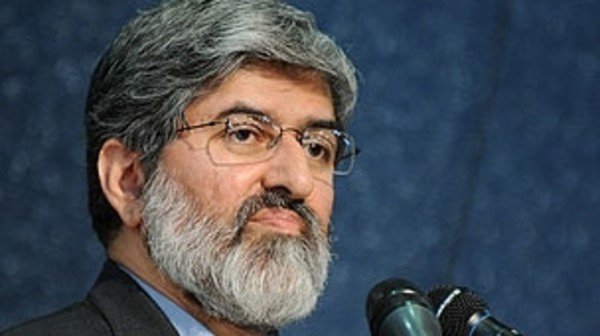
In response to the Secretary General and Spokesperson of the Guardian Council, Ahmed Jannati’s statement concerning the Council’s control over MPs, Second Deputy-speaker Ali Mutahhari said, “The Council’s control over MPs would deprive them of freedom of speech and turn them into apple polishers and hypocrites.” He added, “If any MP commits any crime, consumes alcoholics, or has a hand in any financial and moral corruption, he will be prosecuted through withdrawal of his jurisdictional immunity.”
Mutahhari continued, “If any MP’s statement is taken an offense against the regime, it will be considered a violation of the national security, leading to the withdrawal of his jurisdictional immunity, which contradicts Articles 84 and 86 of the Constitution.” He added, “The Constitution guarantees MPs freedom of speech and opinion on all internal and external issues.”
About the comprehensive policies and directives announced by the Leader, Mutahhari said, “The Leader has not determined the reference of control, which means that law is the reference to all components of the society and no need for the supervision of the guardian council over MPs.”
Shargh Newspaper
♦ Jannati: Control over MPs should not be in name only
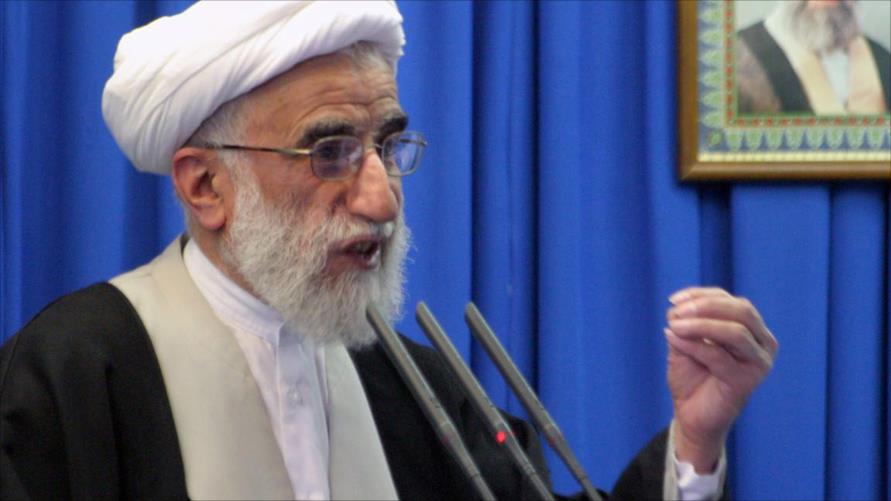
Chairman of the Guardian and the Expediency Discernment Councils, Ahmed Jannati said that control over MPs should not be in name only, wondering if unqualified or corrupt MPs are above the law and no action to be taken against them?
Jannati added, “If any unqualified person assumes a position in the country, all people that have a hand in this appointment are to be held accountable for this improper practice. People that vote for an unqualified person are also considered his partners.”
Jannati continued, “The Leader has announced comprehensive policies that enclose significant directives such as Article 115 of the constitution that determines the state of the presidency of the republic.”
“The Expediency Discernment Council has to clearly identify the difference between a Manager and Butler, and courageous and pious. If any candidate for the presidency is unjust, he cannot be pious either; yet, will not be able to preserve sincerity people give him,” Jannati explained.
Shargh Newspaper
♦ Guards to use Nano Technology in missiles

Deputy-Commander of Revolutionary Guards, Hussein Salami said during the opening of the Nano Technology and Advanced Materials Center at the University of Imam Hussein that weapon industry needs certain materials that have stealth and flying under the radar characteristics. Salami added, “This center has been established for research and study of materials and electromagnetic and their impact on defense systems.”
Watan Amroz Newspaper
♦ European Parliament adopts resolution on expanding ties with Iran
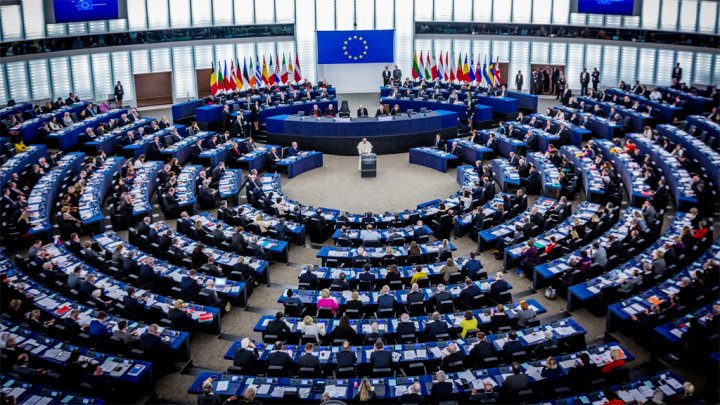
The European Parliament (EP) in its session in Strasbourg Tuesday approved a resolution on a new EU strategy towards Iran following the nuclear agreement by 456 votes to 174 and 67 abstinent votes.
The decision says that the EU should reset its relations with Iran through comprehensive, cooperative, critical and constructive dialogue. It advocates expanding trade with Iran and calls for active EU diplomacy to de-escalate tensions between Tehran and Riyadh, and to work on eliminating the death penalty in Iran, starting from the executions of individuals below 18 years old.
Asr Iran Site
♦ The Iranian security forces kill a three-year-old girl in Ahwaz
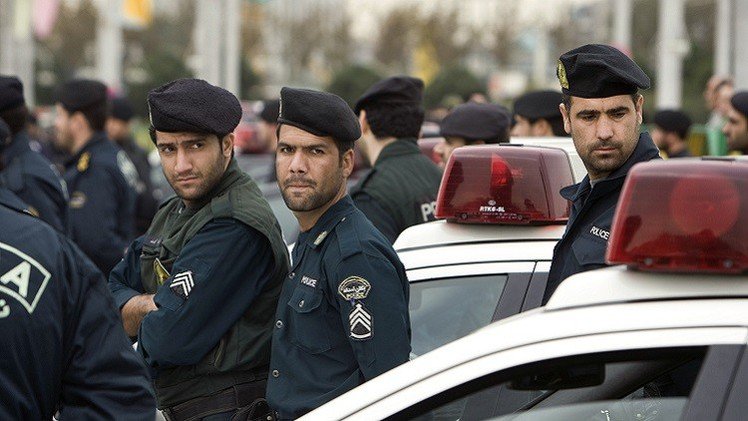
Harana news agency said that the Iranian security forces had killed a three-year-old girl in an Alawi neighborhood in Ahwaz. Raghad Swari died, and her mother was severely injured in gunfire by security forces that were going after a suspect. In fact, these security forces pay no attention to the lives of people, which was evident through the shooting because of the absence of accountability of police forces in the city.
Harana Agency
♦ Vice-president: Last year’s budget was the worst since the Iraqi war
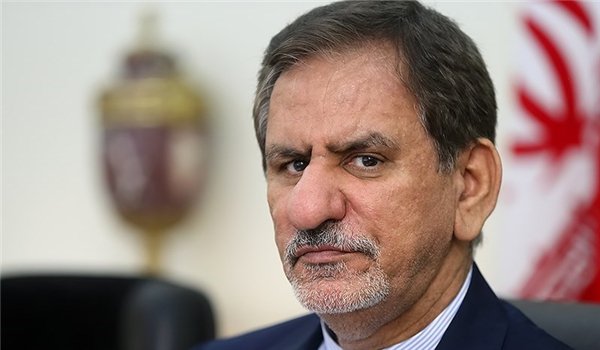
The Iranian Vice-president, Isaac Jahangiri said in his meeting with directors of Ministry of Defense and Support of the Armed Forces that last year the government witnessed the worst budget since the Iranian-Iraqi war. Jahangiri also said that Iran’s revenues of hard currency during the war amounted to $7 billion; $3 billion were enough to run the country, but last year’s budget was the worst although the $20 billion increase in oil revenues. Finally, Jahangiri praises the efforts of President Rouhani and his support of the armed forces.
Namah News Website
♦ Customs Department: $24.5 billion declines in Iranian imports in 2016
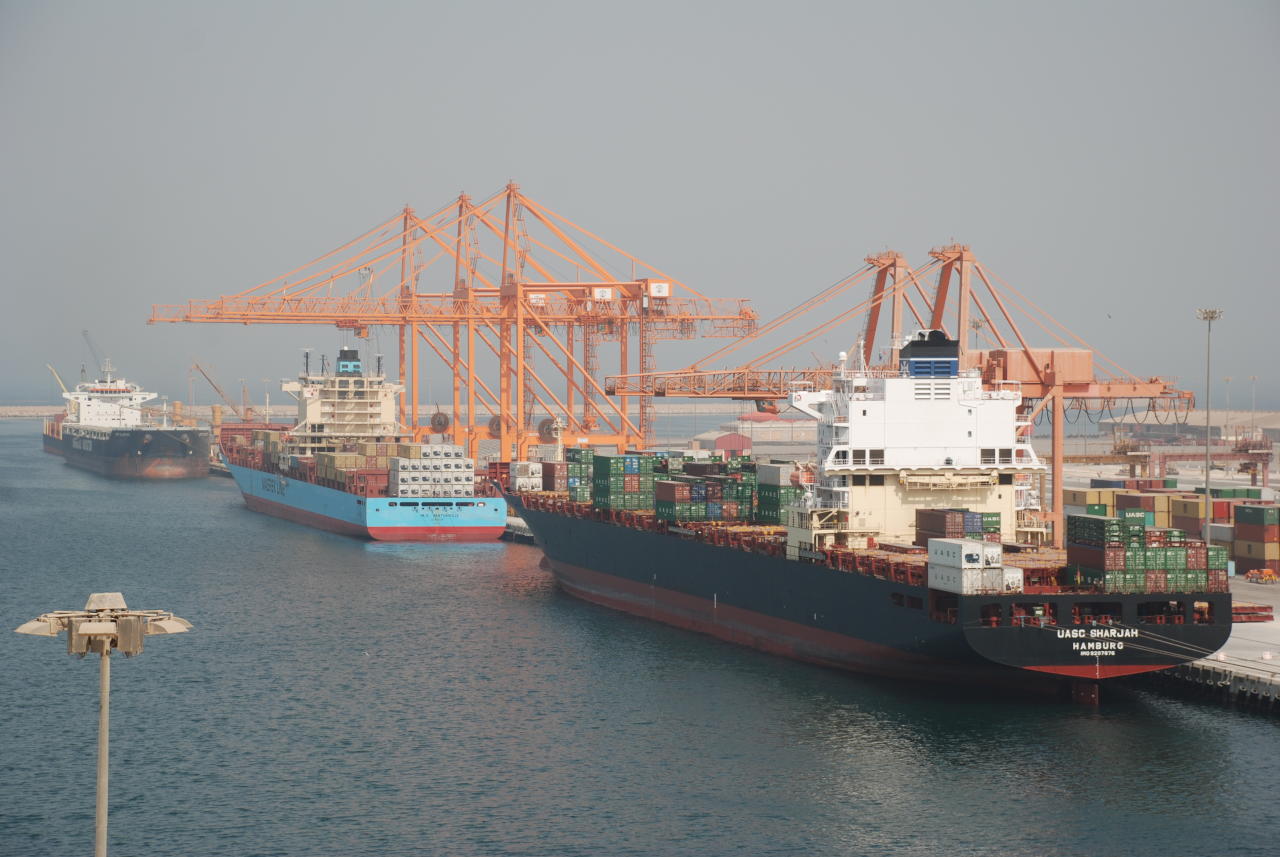
Iran’s customs department has released a report about the Iranian foreign trade performance in the first seven months of the Iranian year (March-October). The report stated that Iran’s exports of oil amounted to $24 billion and 657 million, achieving an increase of 4, 34% in comparison with the same period of last year. On the other hand, the Iranian imports amounted to $24 billion and 51 million achieving 10% decrease in comparison with the same period of 2015, which reveals a positive Iranian trade balance from March to October.
♦ The Iranian Exports:
Liquefied Gas: $4 billion, representing 16, 43% of the total non-oil exports
Natural Liquefied Gas: $1 billion and 952 million
Oil Liquefied Gas: $888 billion
Light Oil and other products other than Gasoline: $828 million
Liquefied Propane: $694 million
♦ Primary Imports:
Poultry Corn: $679million
Soya Beans: $534 million
Rice: $508 million
Car Spare Parts: $498 million
Means of Transportations: $407 million
♦ Major Importers of Iranian Goods
China, the biggest importer of the Iranian products: $4 billion and 438 million, but with 2, 48% decrease rate
The UAE: $3 billion and 887 million
Iraq: $3 billion and 509 million
Turkey: $2 billion and 505 million
Korea: $1 billion and 958 million
♦ Major Exporters to Iran:
China, the major exporter to Iran: $5 billion and 711 million
The UAE: $4 billion and one million
Korea: $1 billion and 885 million
Turkey: $1 billion and 555 million
Germany: $1 billion and 275 million, representing 25% of the Iranian imports.
Other exporters: 15 % of the total Iranian imports during this period.
Mehr Agency
